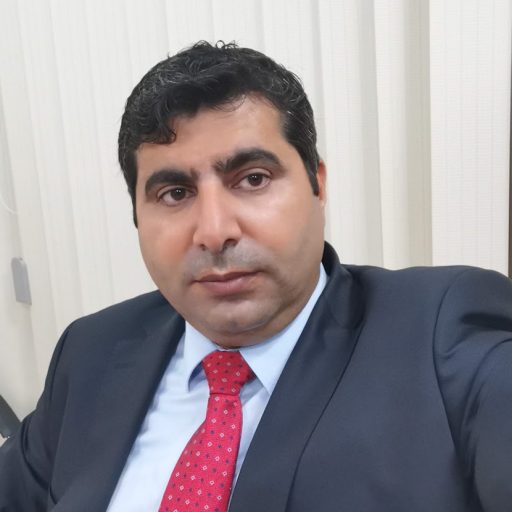Teaching
MCOM 103 – Media and Society
This course introduces students to the basics of communication, and provides an overview of the history and development of the various mass media. It deals with issues pertained to the role of communication media in society, and highlights issues of press freedom and social responsibilities of the media; role of media in fostering diversity; and the impact of mass media on society. The course provides a critical evaluation of media content in relation to social and cultural variables of society.
MCOM 222 – Communication Theories
This course deals with studying the most important communication theories and models, which emerged since the 1928s and their relationship to the practical media practices and applications. The course pays special attention to the powerful effects theories, the selective effects theories, the indirect effects theories, as well as the critical approach.
MCOM 317 – Media Law and Ethics
The course focuses on the legal and ethical dimensions involved in the practice of journalism, and highlights such issues and concepts like the rights and duties of journalists, freedom of the press, social responsibility, fairness, accuracy, privacy, libel, contempt, obscenity and other ethical problems. The course also evaluates Qatar Press Law within the context of international media laws and ethics.
MCOM 318 – Global Communication
The course discusses the economic, political and cultural dimensions of global communication. It analyses the political and cultural implications of globalization including the effects of corporate multinational control of global communication and American hegemony of the global scene. Issues covered include global mass communication systems, new communication technologies and their impact, imbalances in media development between the north and the south, imbalances in news and information flow and, finally, the positive and negative impact of globalization on current human communities
